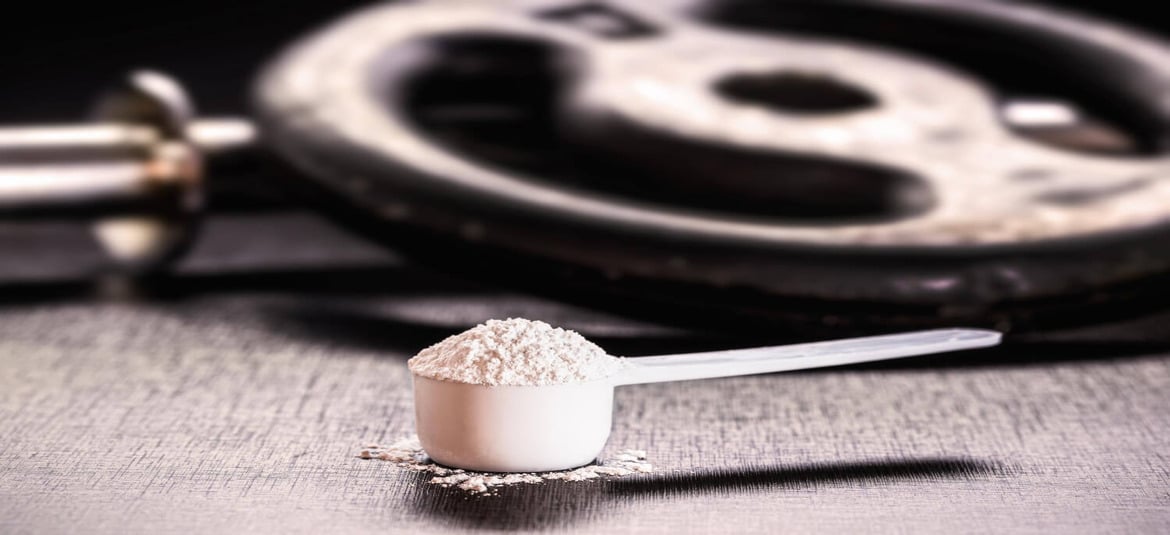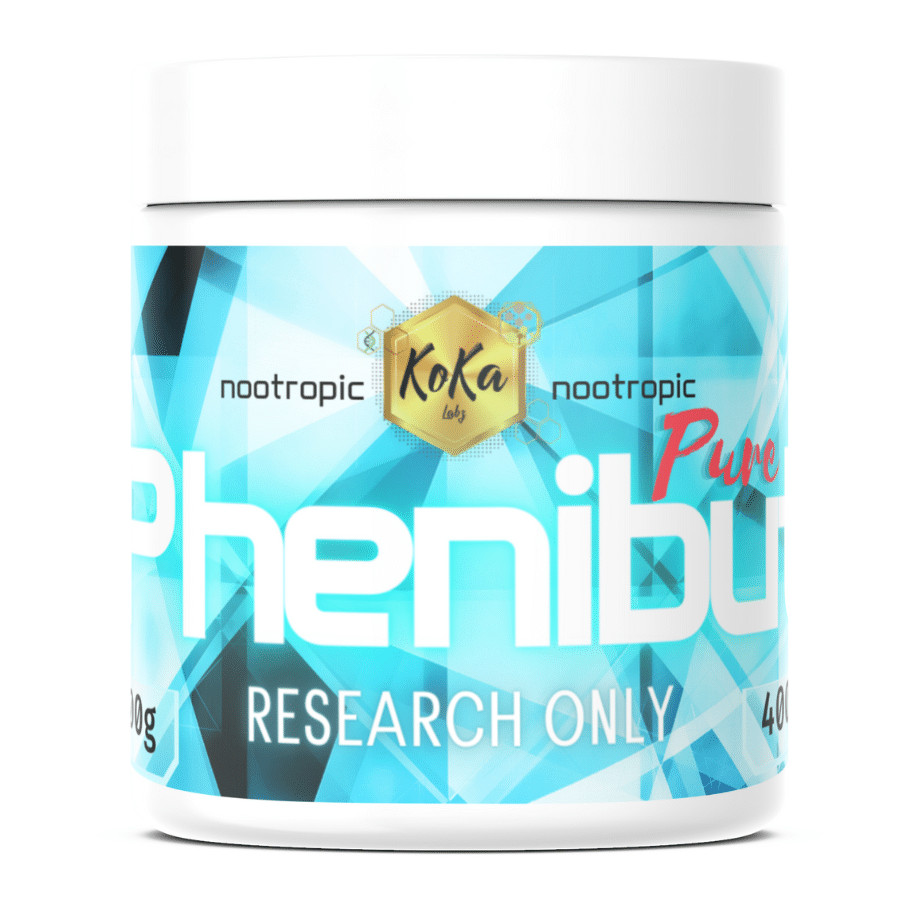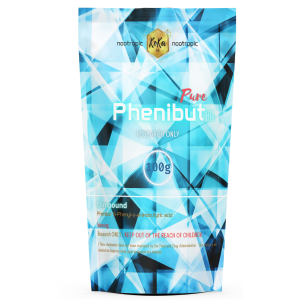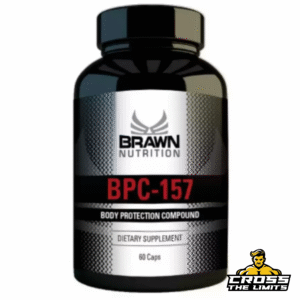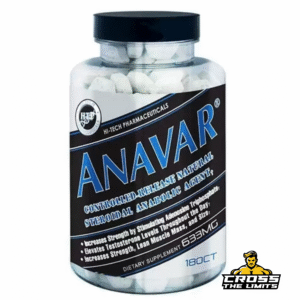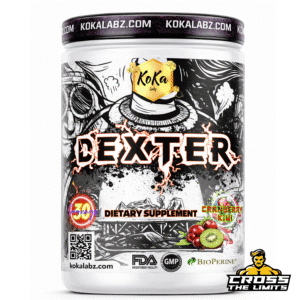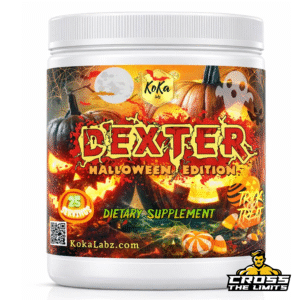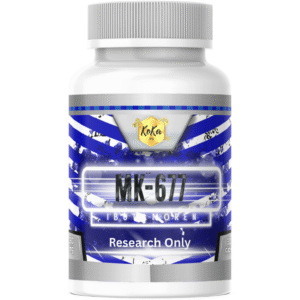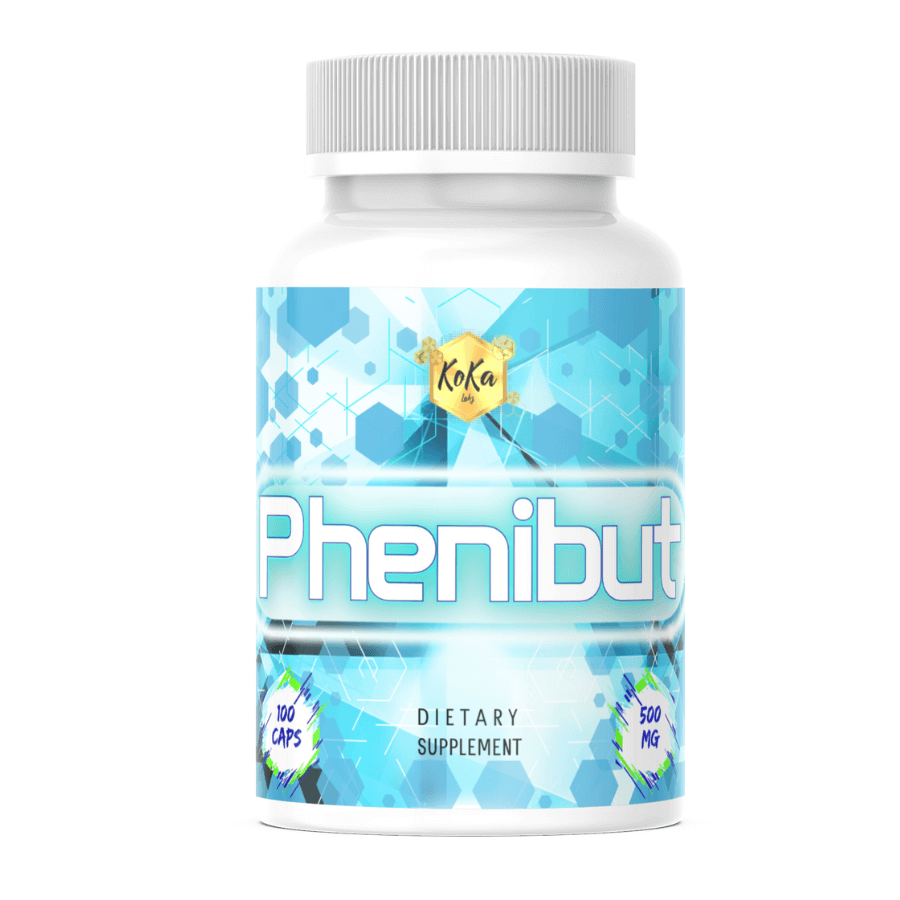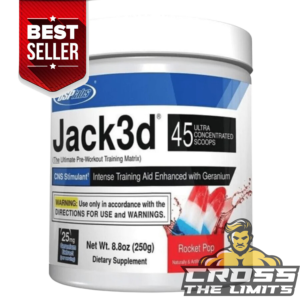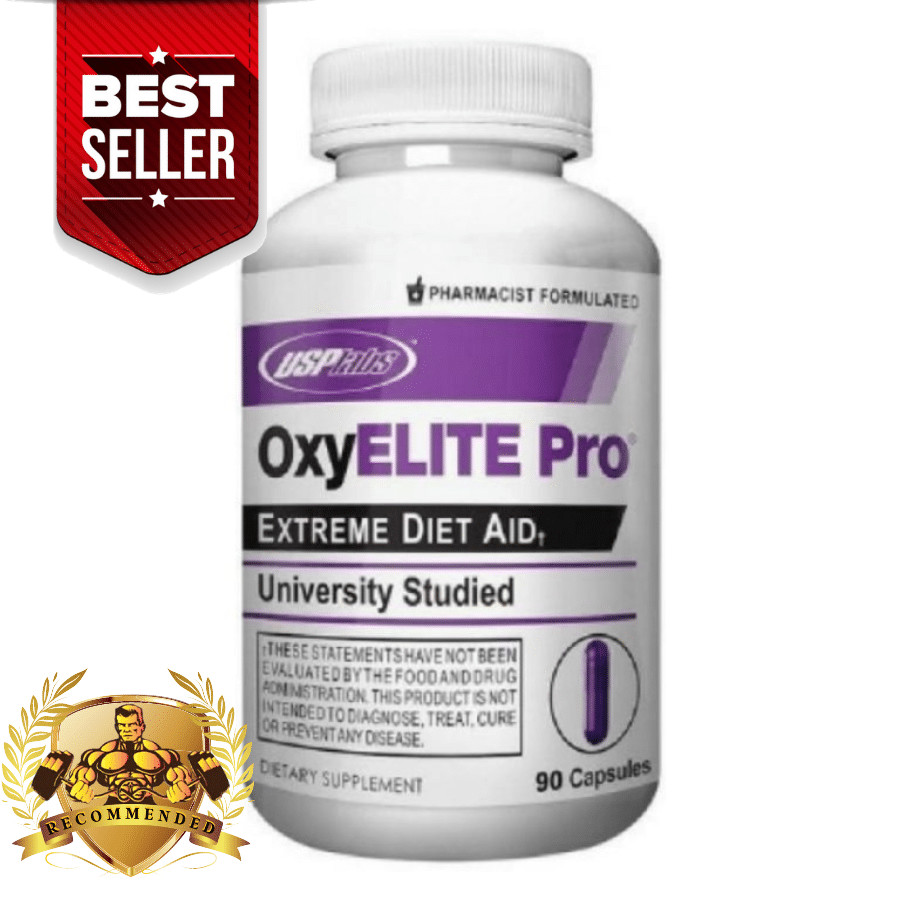Creatine is a well-researched supplement that boosts high-intensity exercise abilities by replenishing muscle energy stores. It helps you do more reps and build more muscle. The question arises, however, whether you should take it before or after the training?
Here are some key takeaways:
- Creatine’s role: It provides a quick energy boost, as it is composed of amino acids that are stored in muscles.
- Research on timing: Studies on creatine before or after a workout are mixed. Some claim there are better muscle and strength gains when taking it post-workout. Others say there is no difference.
- Daily consistency: The most significant factor is consistent daily intake. It is far more important than the timing.
- Timing around workouts: Many people take creatine around the time of their workouts. Some even claim that the improved blood flow during exercise might help creatine work more effectively.
- Safety and usage: Creatine is generally safe for healthy adults when dosed correctly. People with kidney issues or health concerns should always consult a professional.
What is Creatine and How Does It Work?
Creatine is a mixture of three amino acids (arginine, glycine, and methionine). 95% of the body’s creatine is stored in skeletal muscle as phosphocreatine. During training, phosphocreatine rapidly regenerates the energy in your muscles. As a result, regular usage of creatine can help your muscles produce energy for short bursts of intense work.The vast majority of athletes supplement with creatine. Higher creatine levels mean the muscles can sustain intense activity slightly longer, enabling more reps and greater strength during training.
Read more about: How creatine works – the most popular supplement for athletes.
Benefits of Taking Creatine Before a Workout
Some wonder if taking creatine before the training will give them an extra boost. Consuming creatine before a workout may help maximize its delivery to muscles as you begin exercising. In theory, an increase in muscle blood flow (hyperemia) could help drive nutrients, such as creatine, into the muscles. As a result, some people take creatine 1-2 hours before a workout.
The real benefit of this approach is convenience. Mixing creatine into a pre-workout snack is a common practice. Additionally, combining it with carbohydrates and protein is a healthy ritual that one could follow.
Benefits of Taking Creatine After a Workout
On the contrary, many trainers advise taking creatine after the exercise. The rationale is that muscles are primed to absorb nutrients for recovery after training. Consuming carbohydrates and protein after a workout may increase insulin levels, which can help drive creatine into muscle cells. A post-workout shake with creatine and protein is also convenient and easy to remember.
Some research papers claim this method to be more effective, but these findings are modest and not universal. As with many other cases, a counter-research can be found arguing that there is no significant difference in muscle or strength gains whether creatine was taken before or after the session.
Does Timing Make a Difference?
Overall, current research suggests that timing is a minor factor in this context. It is essential to acknowledge that creatine’s effects are not instant, unlike caffeine. A single dose will not give the user more energy during a workout. The tangible benefits of creatine come from muscle saturation that occurs over days and weeks. Health agencies and sports nutrition guides often recommend taking creatine “around” workouts, rather than adhering to a before-or-after rule.
The Takeaway
Creatine is a proven aid for strength and muscle gains. Both pre- and post-workout dosing produce similar long-term results in most cases. Some data might hint at a slight edge for taking it after training, but such an edge is minuscule. The key is consistency and sticking to a practice that is convenient to you and easy to remember. The real effects of creatine occur when your muscles build up creatine storage over a prolonged period. For personalized advice, please contact our staff, who are always ready to answer your questions. Consult a qualified fitness trainer or healthcare professional if you have health issues or specific athletic goals.
Read more about the usage and benefits of creatine.
